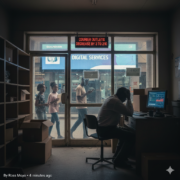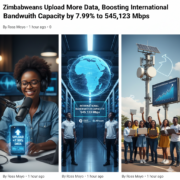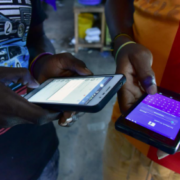Nigeria Communications Commission has completed its cost based research and is set to review the price floor in the country. Similar to Zimbabwe, the Commission in November 2016, suspended the data segment price floor following a widespread backlash to its attempt to increase the minimum cost of data.
The Commission then urged operators and other stakeholders to maintain the status quo pending the completion of a market survey. According to the NCC, the price floor is not an increase in price but a regulatory safeguard put in place by the telecommunications regulator to check anti-competitive practices by dominant operators.
“NCC does not fix prices but provides regulatory guidelines to protect the consumers, deepen investments and safeguard the industry from imminent collapse,” the Commission stated.
Before the suspended price floor of NGN0.90/MB, the industry average for dominant operators (including MTN Nigeria Communications Limited, Etisalat and Airtel Nigeria Limited) was NGN0.53/MB.
Etisalat offered (NGN0.94/MB), Airtel (NGN0.52/MB), MTN (NGN0.45/MB) and Globacom (NGN0.21/MB). Smile Communications – NGN0.84/MB, Spectranet – NGN0.58/MB and NATCOMS (NTEL) – NGN0.72/MB.
Speaking in Abuja yesterday, Danbatta said the Commission has observed a significant increase in data usage across the country necessitating the need for an affordable and acceptable data price floor.
He added that the action would help in averting a price war in the data sub-segment of the telecommunications industry.
This attests to the earlier assertion by the NCC that data is going to be the next frontier. You recall that NCC attempted to do the interim price floor for data in order to ensure that we do not have a price war in the data sub-segment of the industry. This of course met with resistance from the consumers; and because the NCC is a listening agency, we suspended the interim price floor.”
He added that the Commission is considering several temporary measures to improve quality of data services, including the provision of palliatives to smaller operators with just 7.5% of the market share. ITWebAfrica











Comments